If you are interested in cooperation, please contact us immediately, we will give you feedback as soon as possible!
![]() Whatsapp : +8613963585512
Whatsapp : +8613963585512
![]() Email : [email protected]
Email : [email protected]
| Item | Details |
|---|---|
| Model NO. | HRB400, HRB500 |
| Length | 6m |
| Standard | GB |
| Product Name | Deformed Steel Rebars, Rebar |
| Material | Q195, Q235, Q345; ASTM A53 Gra |
| Size | 6 – 50mm |
| Grade | Grade A, Grade B, Grade C |
| Section Shape | Spiral Shape, Herringbone Shape, Crescent Shape |
| Technique | Hot Rolled |
| Packing | Bundled, or with PVC of various colors, or as per your requirement |
| Ends | Plain End/Beveled End, protected by plastic caps |
| Surface Treatment | 1. Galvanized 2. PVC coating, black and colored painting 3. |
| Delivery Time | Usually within 15 days after receipt of the advance payment |
| Model No. | Steel Rebar |
| Payment Method | T/T, L/C |
| MOQ | 1 Ton |
| Processing Service | Bending, Welding, Decoiling, Cutting, Punching |
| Tolerance | ±1% |
| Transport Package | Standard Seaworthy Package |
| Specification | 6 – 26mm |
| Origin | China |
| Production Capacity | 50000 tons per month |
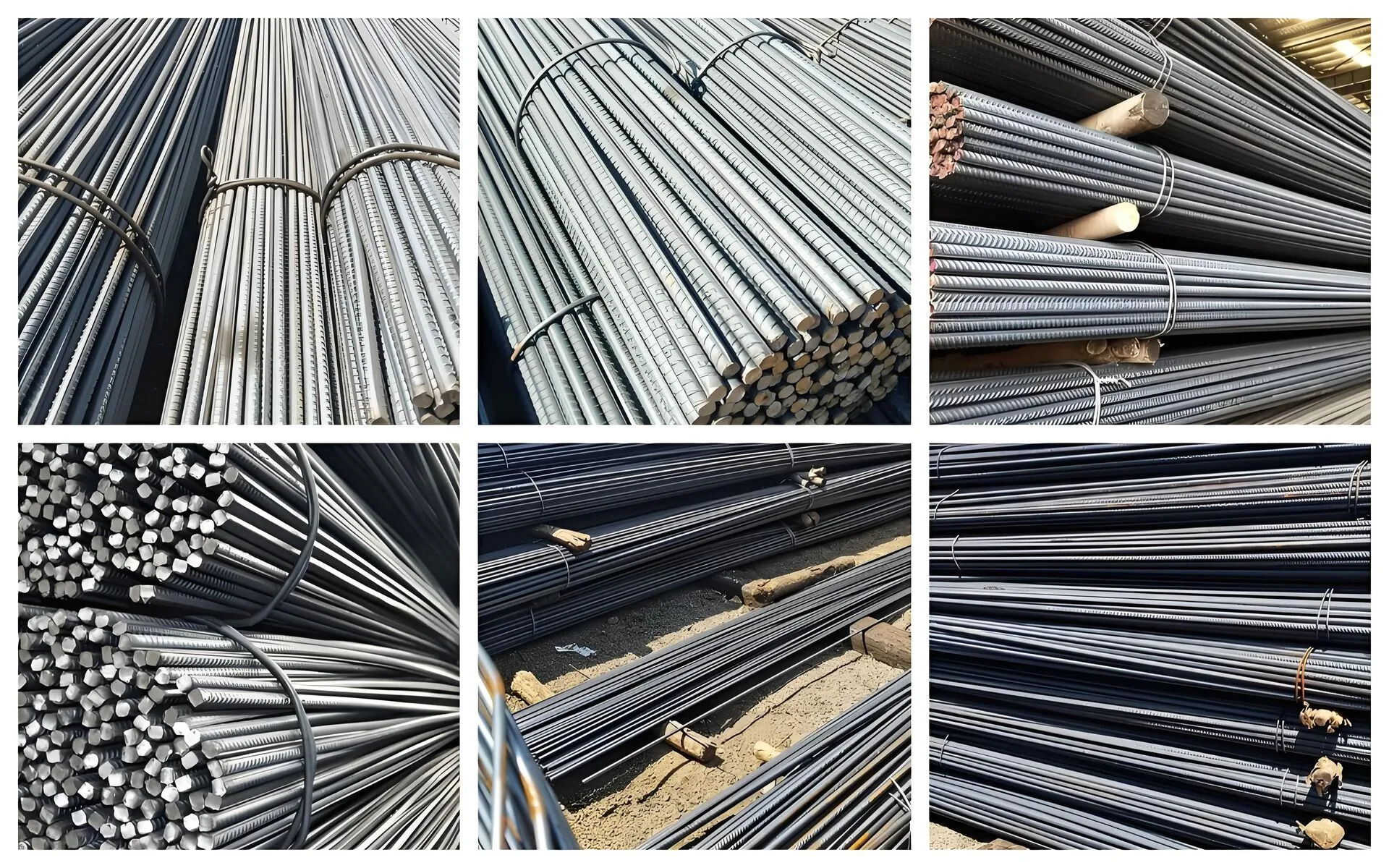
Appearance:
It usually presents a silvery-gray metallic color, with a ribbed or smooth surface texture depending on the type of rebar. The ribbed surface enhances bonding with concrete, while smooth rebars are used in specific applications. Surface treatments like epoxy coating or galvanizing can improve corrosion resistance and durability.
Density:
The density is generally around 7.85 g/cm³ , which is typical for carbon steel. This value may vary slightly depending on the alloy composition and manufacturing process.
Melting Point:
The melting point is relatively high, typically ranging from 1425°C to 1540°C , depending on the carbon content and alloying elements. This high melting point ensures stability in high-temperature environments during construction or industrial use.
Coefficient of Thermal Expansion:
The coefficient of thermal expansion is moderate, approximately 12×10⁻⁶/℃ at room temperature. This property allows steel rebars to maintain dimensional stability when embedded in concrete, even under significant temperature changes.
Thermal Conductivity:
The thermal conductivity is moderate, approximately 50-60 W/(m·K) , which is higher than stainless steel but lower than metals like copper or aluminum. This makes it suitable for structural applications where heat dissipation is not a primary concern.
Electrical Conductivity:
Steel rebars have relatively low electrical conductivity compared to metals like copper, typically around 10% of copper’s conductivity . They are unsuitable for high-current applications but may be used in grounding systems due to their mechanical strength.
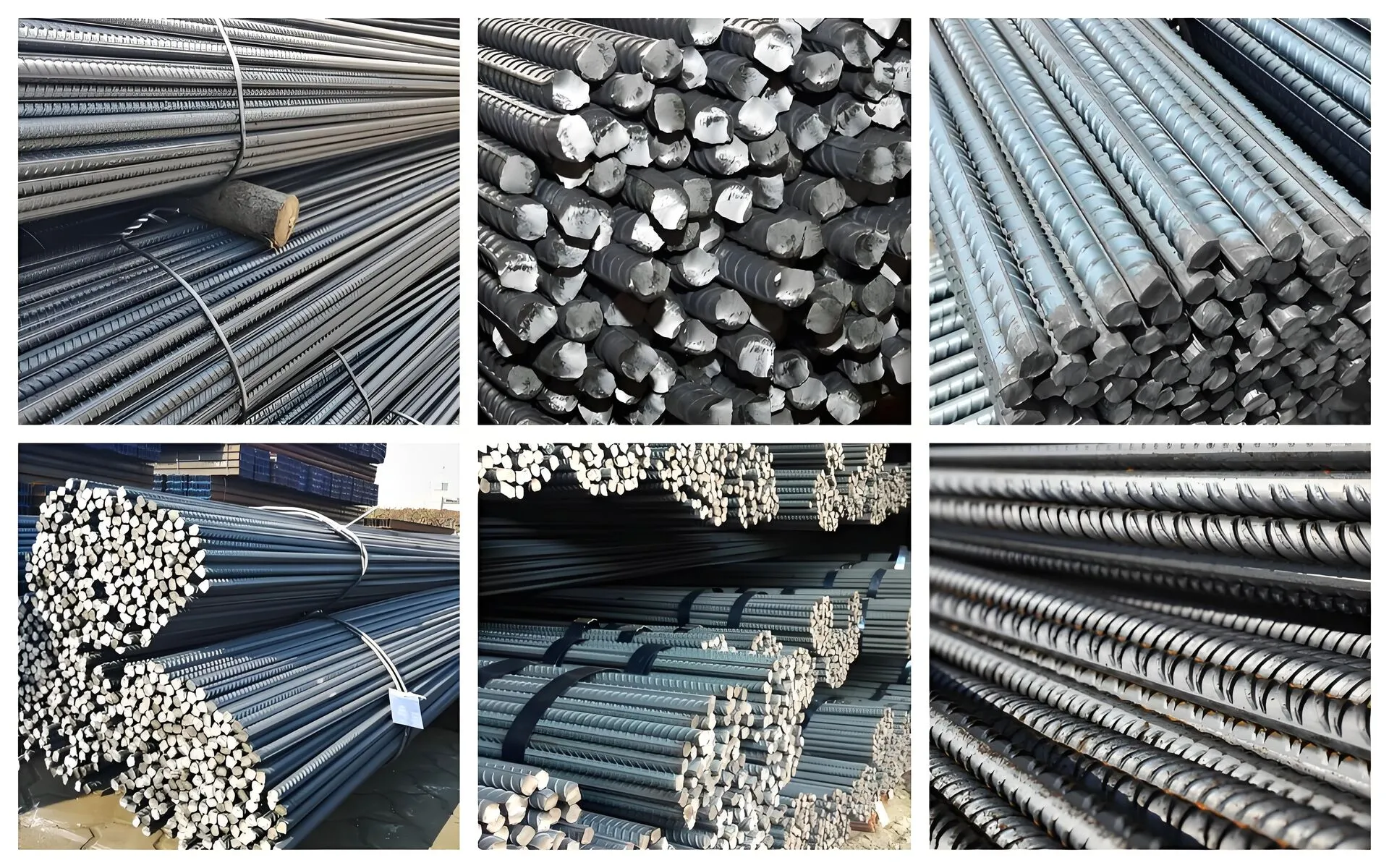
Corrosion Resistance:
Steel rebars have limited corrosion resistance in untreated forms and are prone to rusting in humid or corrosive environments. To mitigate this, protective coatings such as epoxy or galvanizing are often applied. In reinforced concrete, the alkaline environment of the concrete provides some protection against corrosion, but chloride exposure (e.g., in marine environments) can still lead to rusting.
Antioxidation:
At high temperatures, steel rebars oxidize more readily than stainless steel. Prolonged exposure above 500°C can lead to scaling and reduced mechanical strength, making them unsuitable for extreme heat applications without additional protection.
Chemical Stability:
In general chemical environments, steel rebars exhibit moderate chemical stability. However, they react with acids, alkalis, and salts, particularly in aggressive environments like seawater or industrial chemical exposure. Corrosion resistance is limited in these conditions unless protective measures are taken.
Passivation:
Unlike stainless steel, steel rebars do not naturally form a dense passivation film. Protective measures such as epoxy coatings or cathodic protection systems are required to enhance durability and prevent corrosion in harsh environments.
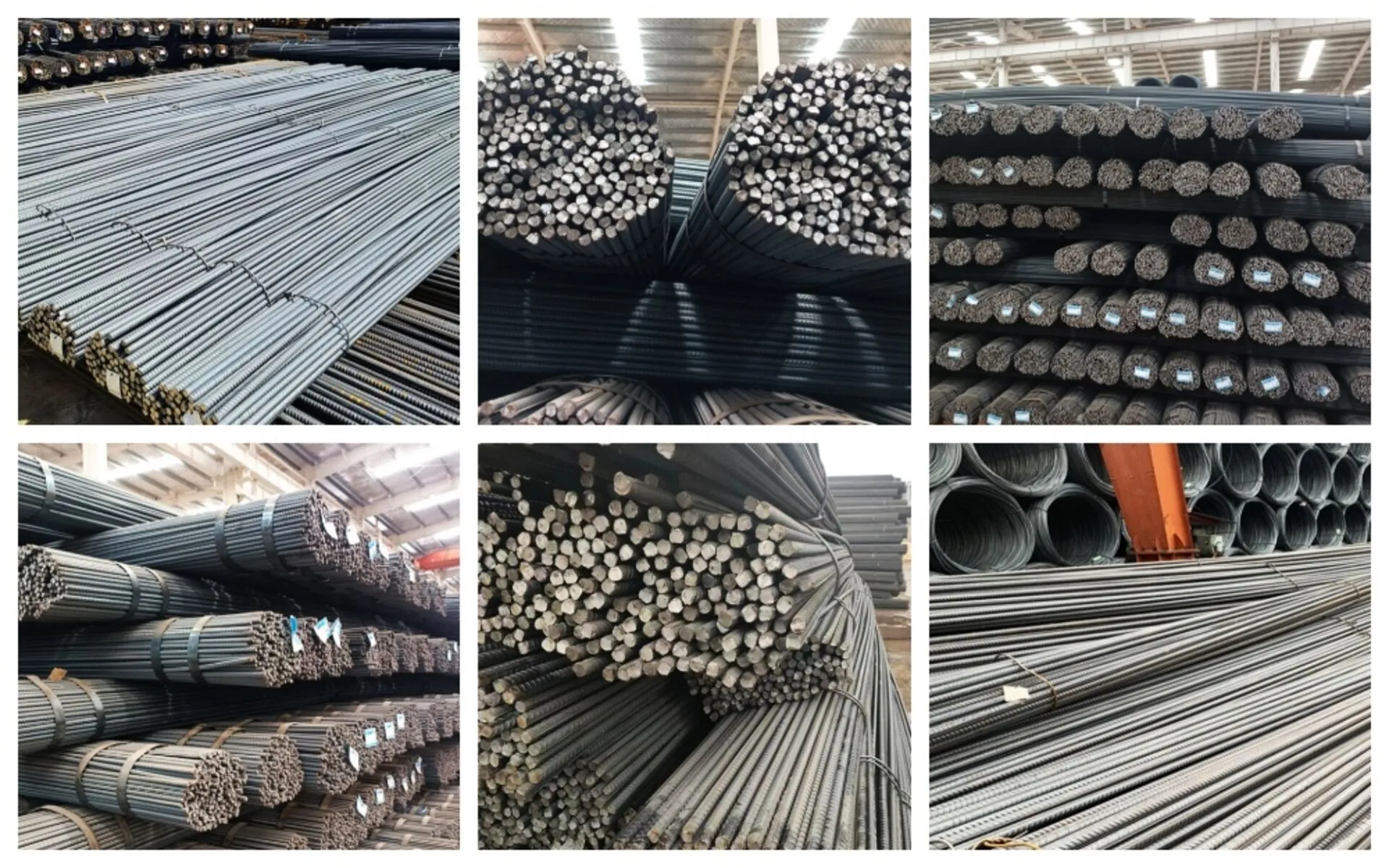
Steel rebars are widely used in construction and infrastructure development due to their excellent tensile strength, ductility, and compatibility with concrete. They are essential for reinforcing concrete structures, including:
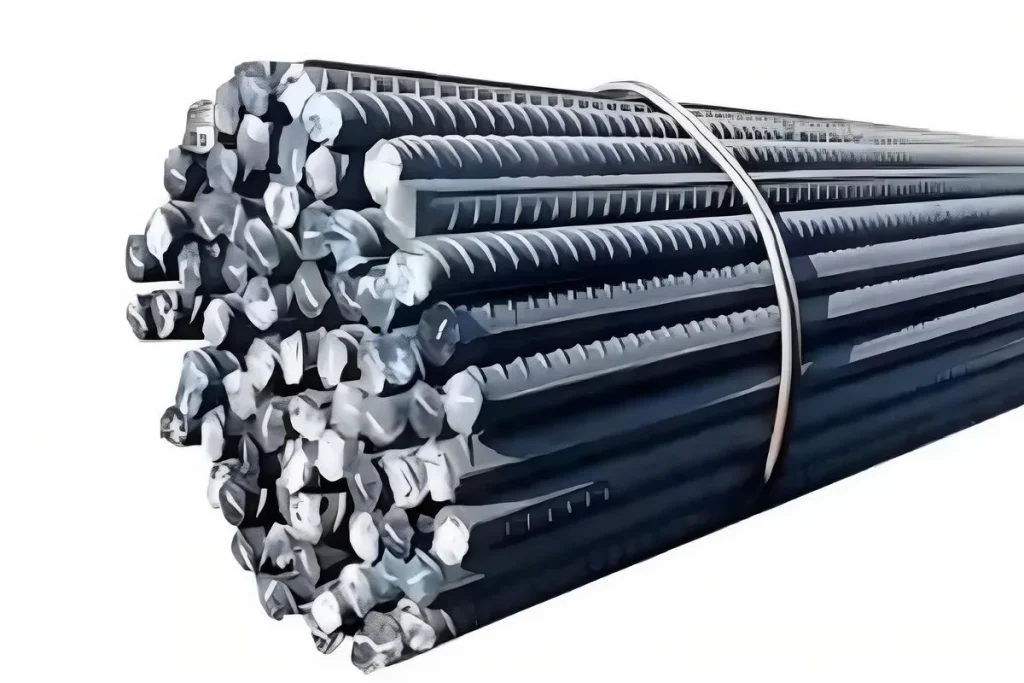
Ultra – high strength and toughness to resist extreme loads and impacts
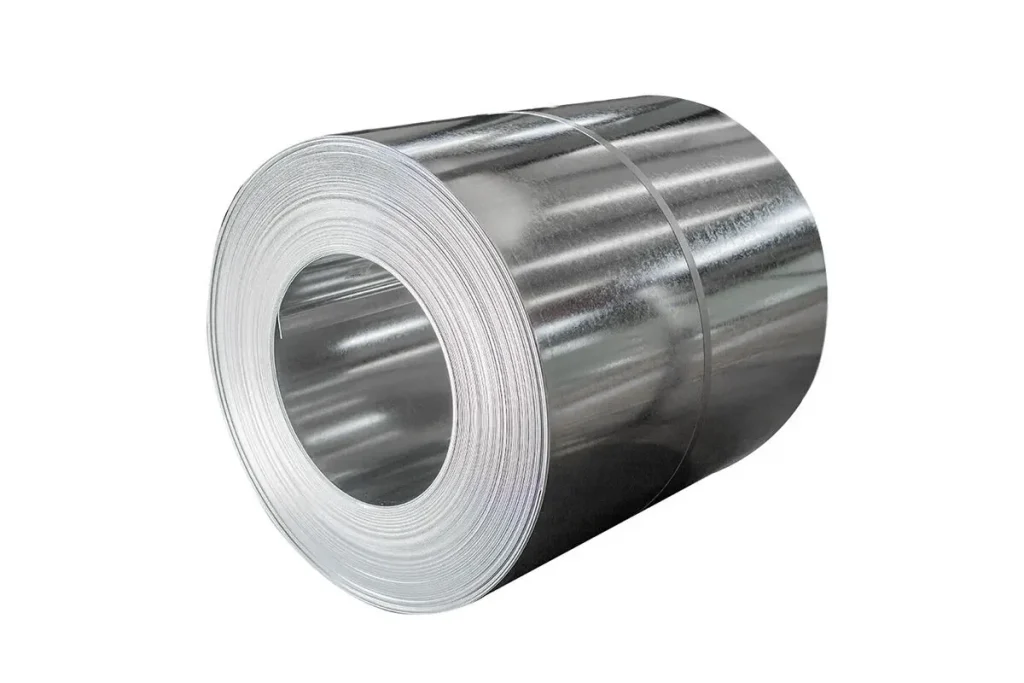
Ultra – high strength and toughness to resist extreme loads and impacts
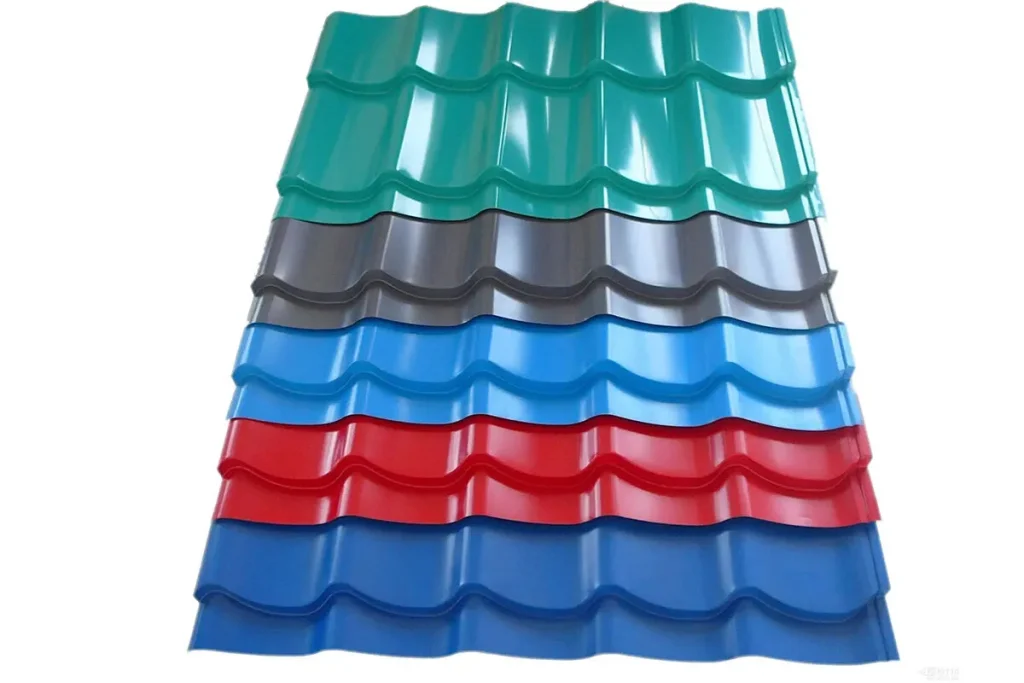
With anti-corrosion treatment, it is weather-resistant and corrosion-resistant, and can serve for a long time.
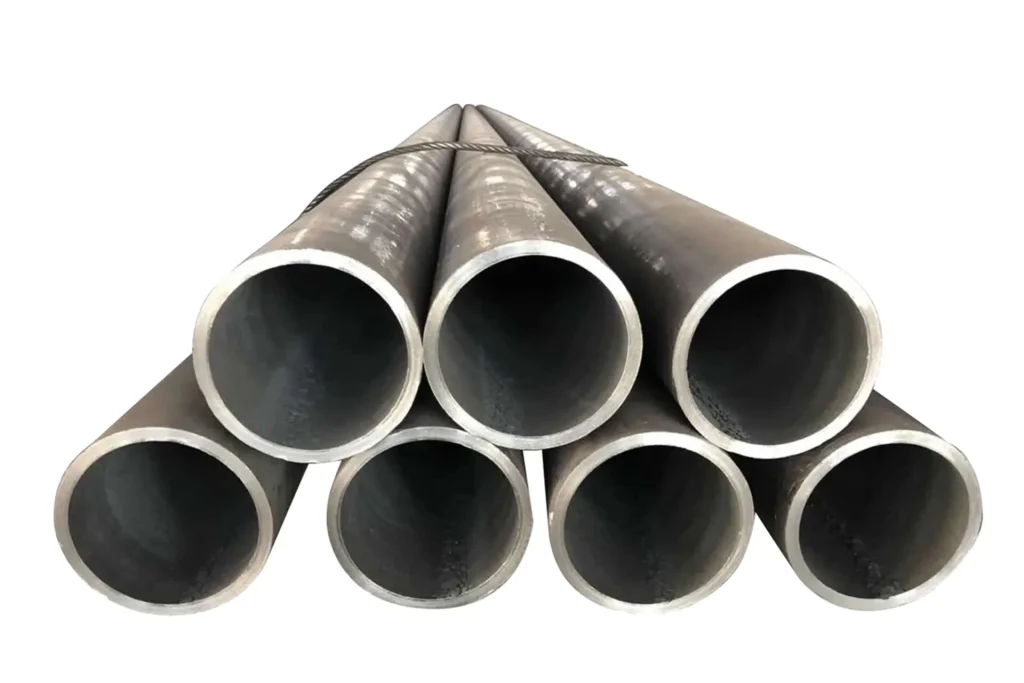
100% recyclable, reusable, low-carbon and consumption-reducing
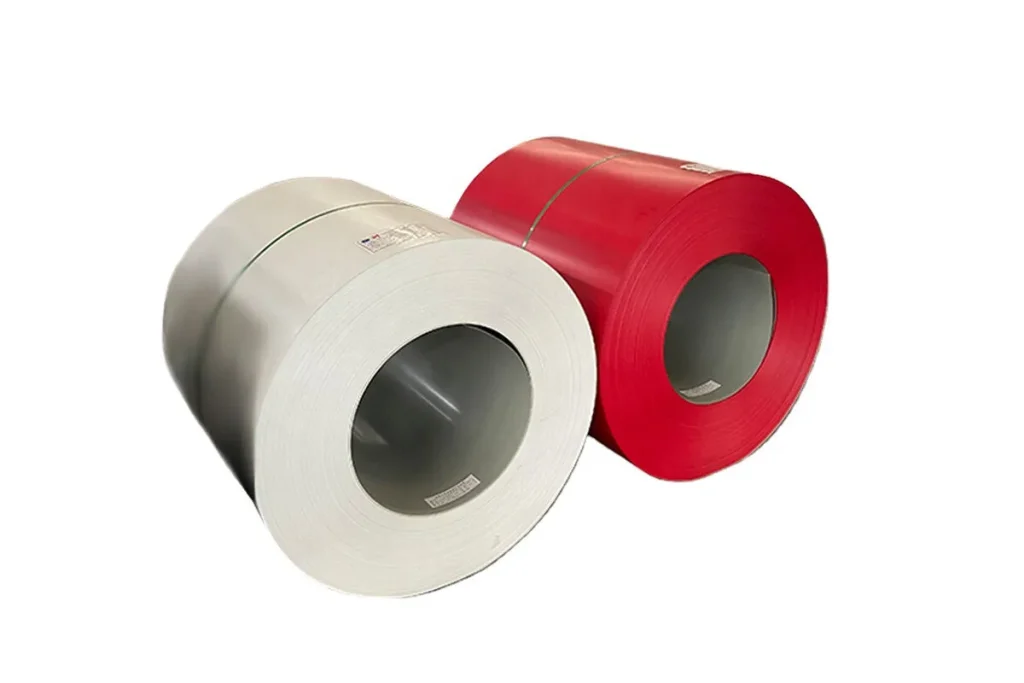
The processing is rapid and precise, and the project is delivered quickly.
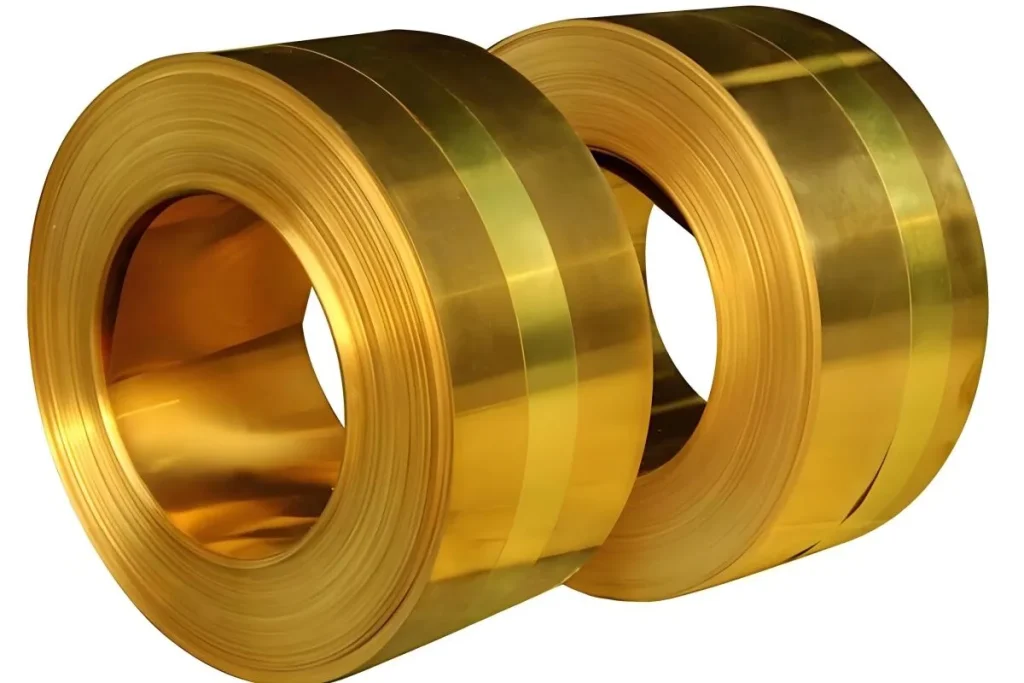
Pass international certifications such as ISO and ASTM, with reliable quality.
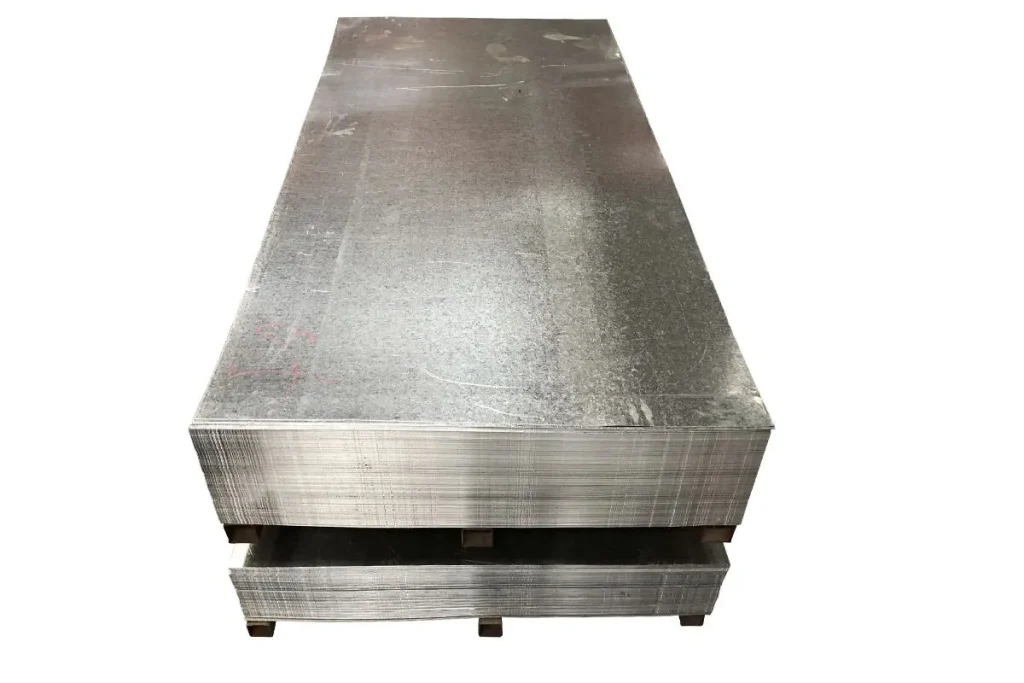
Create exclusive specifications and shapes as needed
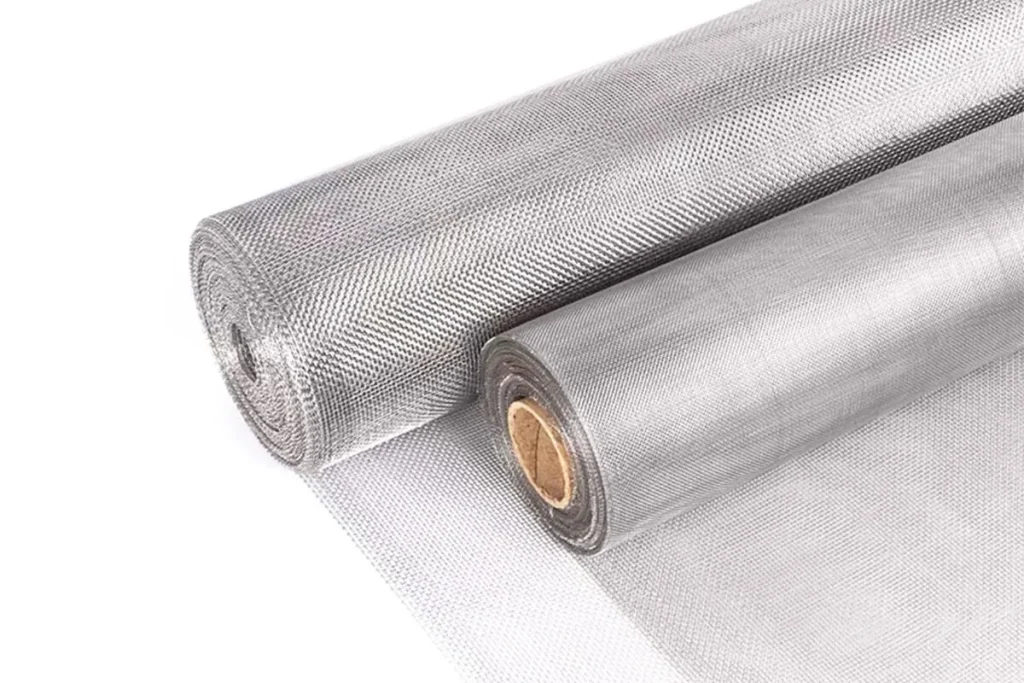
Global service team, providing full – course after – sales technical support
Our factory manufactures a comprehensive array of steel products, including but not limited to, structural beams, steel bars, plates, and coils. We also offer bespoke solutions catering to specific dimensions and compositions as per customer requirements.
Absolutely, all our steel products adhere to international standards and undergo rigorous quality assurance tests. We hold various certifications, including ISO 9001, emphasizing our commitment to quality. Each product batch comes with a certification detailing its grade and compliance standards.
Yes, we are equipped to manage significant order volumes even within constrained timelines, thanks to our advanced operational processes, sizable workforce, and efficient logistics network. However, we always suggest contacting us with specifics as early as possible for the best outcomes.
Sustainability is at the core of our operations. We utilize energy-efficient technologies, recycle scrap material, and follow strict environmental protocols to minimize our ecological footprint. Our commitment extends beyond compliance, aiming for a future-focused, sustainable approach in all we do.
Worker safety is paramount. Our factory complies with all health and safety regulations, providing regular training, enforcing strict on-site protocols, and equipping our staff with advanced safety gear. We believe a safe worker is an empowered worker.
Certainly. We pride ourselves on our capability to provide tailored solutions. Our team of experts collaborates closely with clients to understand their needs, offering custom compositions, cuts, and finishes unique to their project demands.
We manage logistics through trusted partners, ensuring timely and safe deliveries. Customers receive tracking information once orders are dispatched and can monitor their shipment in real-time. Additionally, our customer service team is always on standby to assist.
We stand by the quality of our products. In the rare instance of defects or non-compliance, we have a transparent return or exchange policy. Clients are encouraged to reach out within a specified period after receipt, and we promise a swift, fair resolution in line with our terms and conditions.